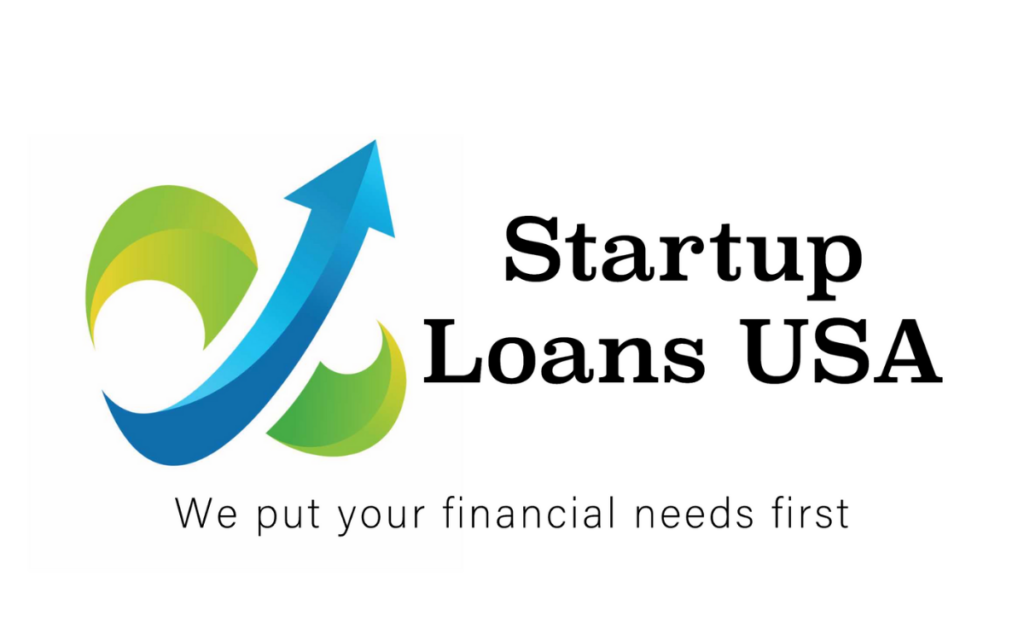Starting a business can be both an exciting and daunting prospect. While the potential for success is great, the amount of financing needed to get the business off the ground can be intimidating. Fortunately, there are options available to help entrepreneurs get their businesses up and running, including Small Business Administration (SBA) loans. If you’re wondering whether your startup is eligible for an SBA loan and what’s involved in acquiring one, this guide will provide you with all the information you need to know
An SBA loan is a type of long-term financing offered to small businesses and entrepreneurs by the Small Business Administration. These loans are available in fixed and variable rates, making them the most sought-after option for those interested in starting or expanding a business. With low interest rates, no collateral required and extended repayment terms, these loans can provide businesses with the capital they need to develop and grow.

An SBA loan is a type of long-term financing offered to small businesses and entrepreneurs by the Small Business Administration. These loans are available in fixed and variable rates, making them the most sought-after option for those interested in starting or expanding a business. With low interest rates, no collateral required and extended repayment terms, these loans can provide businesses with the capital they need to develop and grow.
There are several types of SBA loans available to fit nearly any type of business need. What’s more, the application process is often more straightforward than other forms of financing. It’s possible to make the process manageable and increase your chances of being approved. The key is to be prepared, organized and honest throughout the entire application process. Before applying, ensure all necessary documents are in order such as financial statements, income tax returns, business licenses and permits. Have an up-to-date business plan with outlines of your company’s goals and objectives for the next 5 years. With ample preparation and an optimistic outlook, applying for an SBA loan can become a rewarding experience.
You can visit the SBA’s online application platform LINC and can apply in minutes with just a few clicks.
Loan Requirements
Having Good Credit

What can I use SBA loans for?
Can you use SBA to refinance?
Compare your funding options
When it comes to funding options for your small business, you have a variety of choices that can help you get the money you need quickly and easily. From traditional loans to crowdfunding platforms, there are plenty of ways to finance your business dreams. It’s important to compare all of your options before making a decision so that you can find the best fit for your needs and budget.
First, consider traditional loans from banks or credit unions. Although a solid credit score and detailed business plan are necessary, business owners may find fixed interest rates, lengthy repayment terms, and low-interest rates offered by these loans appealing.
If you’re not ready to commit to a loan yet, there are other alternatives such as microloans or grants. These sources of funding provide smaller amounts of capital with fewer requirements for repayment. Although they are easier to qualify for, alternative loans usually have higher interest rates than traditional loans. Nonetheless, they are excellent options if you need fast access to funds without entering into a long-term loan agreement.
Finally, crowdfunding platforms allow businesses to raise money from investors in exchange for equity in the company. This type of financing is becoming increasingly popular due its flexibility and ability to connect entrepreneurs with potential investors who believe in their vision and mission.
No matter which type of financing route you choose, it’s important to do your research first and make sure it’s the right fit for your unique situation. Comparing all of your funding options will ensure that you make an informed decision that sets your business up for success!


